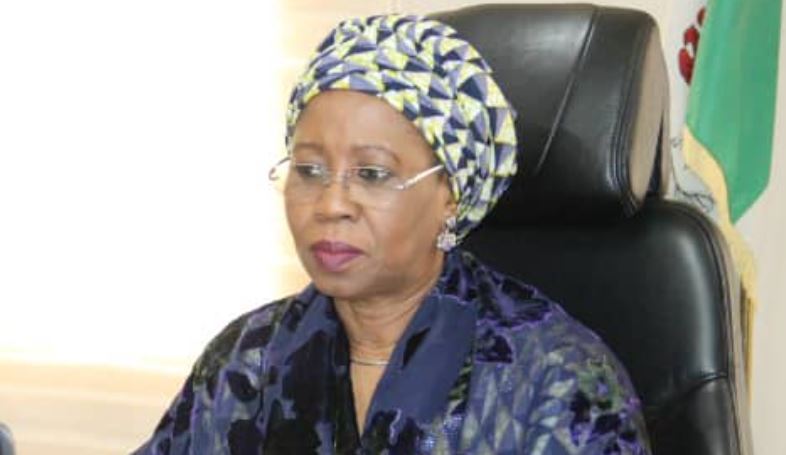Major lenders in the country are currently revising their business models in the wake of mounting industry headwinds with a knock-on effect on their bottom lines.
The double-whammy impact of the COVID-19 pandemic and tough regulatory environment have forced banks to re-strategise their business models in a bid to survive the squeeze.
Most of the tier-1 banks in the country recorded a drop in profits during the first six months of the year. Specifically, Guaranty Trust Bank (GTBank) recorded a 4.9 percent decline in net profit during the first six months of the year; United Bank for Africa (UBA) printed a 21 percent decline in profit; Access Bank’s profit also tanked marginally at 1 percent during the period under review.
Against the difficult operating environment, the challenge for Nigerian banks today is how to deliver sustainable earnings growth.
Advertisement
At a recent investor conference call, Segun Agbaje, managing director, GTBank, Nigeria’s biggest lender by market value, said the bank’s planned transition to a holding company structure is currently undergoing relevant regulatory approval, assuring that this would be concluded by the first-quarter next year.
“Operational model for holdco is pretty much set. You will have a centre which would be the control holding centre and a couple of business units, operationally, what you would see is a one-for-one exchange with the shares of GTBank moving the holdco,” he said.
In addition to giving the bank a route to explore earnings growth outside of the challenging banking sector, the holdco structure would give room to explore cross-selling opportunities across a larger group.
Advertisement
According to Agbaje, the bank would establish units in asset management, payments, and pensions, with plans to split the banking division into three subsidiaries covering Nigeria, West Africa, East Africa.
Zenith Bank is also leveraging on its agency banking which has seen the value of transactions surge to N226 billion in the six months, through June compared to N56.2 billion in June to December 2019, while transaction volume was 22.1 million in the first six months of 2020 from 7.5 million in June to December last year.
The nation’s biggest bank by assets, Access Bank, has emphasised plans to establish a presence in 22 African countries and to be Africa’s gateway to the world over the next five years. Earlier this year, it opened a unit in Cameroon and bought Transnational Bank Ltd. in Kenya. It plans to open a unit in Mozambique in the second half and Guinea next year.
Subsidiaries’ contribution to the bank’s performance stood at 34 percent year-on-year, recording total subsidiaries’ Profit Before Tax (PBT) of N25.2 billion up 20 percent year-on-year, with UK and Ghana accounting for 90 percent of total half-year subsidiaries’ PBT, with an average return on equity of 13 percent and 29 percent respectively.
Advertisement
After selling its insurance unit, FBN Holdings (FBNH) announced the injection of N25 billion equity capital into its commercial banking subsidiary, First Bank of Nigeria. The capital injection represents part of the net proceeds from the company’s divestment in the insurance unit sold to Sanlam Emerging Market limited.
The bank has also doubled down on its agency banking, increasing the value of agency transactions to N5.71 trillion in the first half from N1.61 trillion a year ago. Agent banking contributions to e-business revenue rose to 20.3 percent in June from 13.9 percent a year ago.
United Bank for Africa (UBA) is already pushing for units outside its home market to provide a “buffer” for earnings. The prudential regulatory authority (PRA) in the United Kingdom recently granted a wholesale banking licence to UBA (UK) Limited.
It has invested more than $100 million in units in the Democratic Republic of Congo, Benin, Ivory Coast, Tanzania, and Mozambique to help them expand and cushion challenges in the home market, Nigeria.
Advertisement
Stanbic IBTC, the Nigerian unit of South Africa-based Standard Bank Group Ltd., is seeking regulatory approval to establish a wholly-owned life insurance unit. It plans to own 99.9 percent of the unit to be named Stanbic IBTC Insurance Ltd.
Banking analysts opined that Nigerian banks cannot afford to stay static, but must strategically respond
to deliver higher earnings and create shareholder value.
Advertisement







